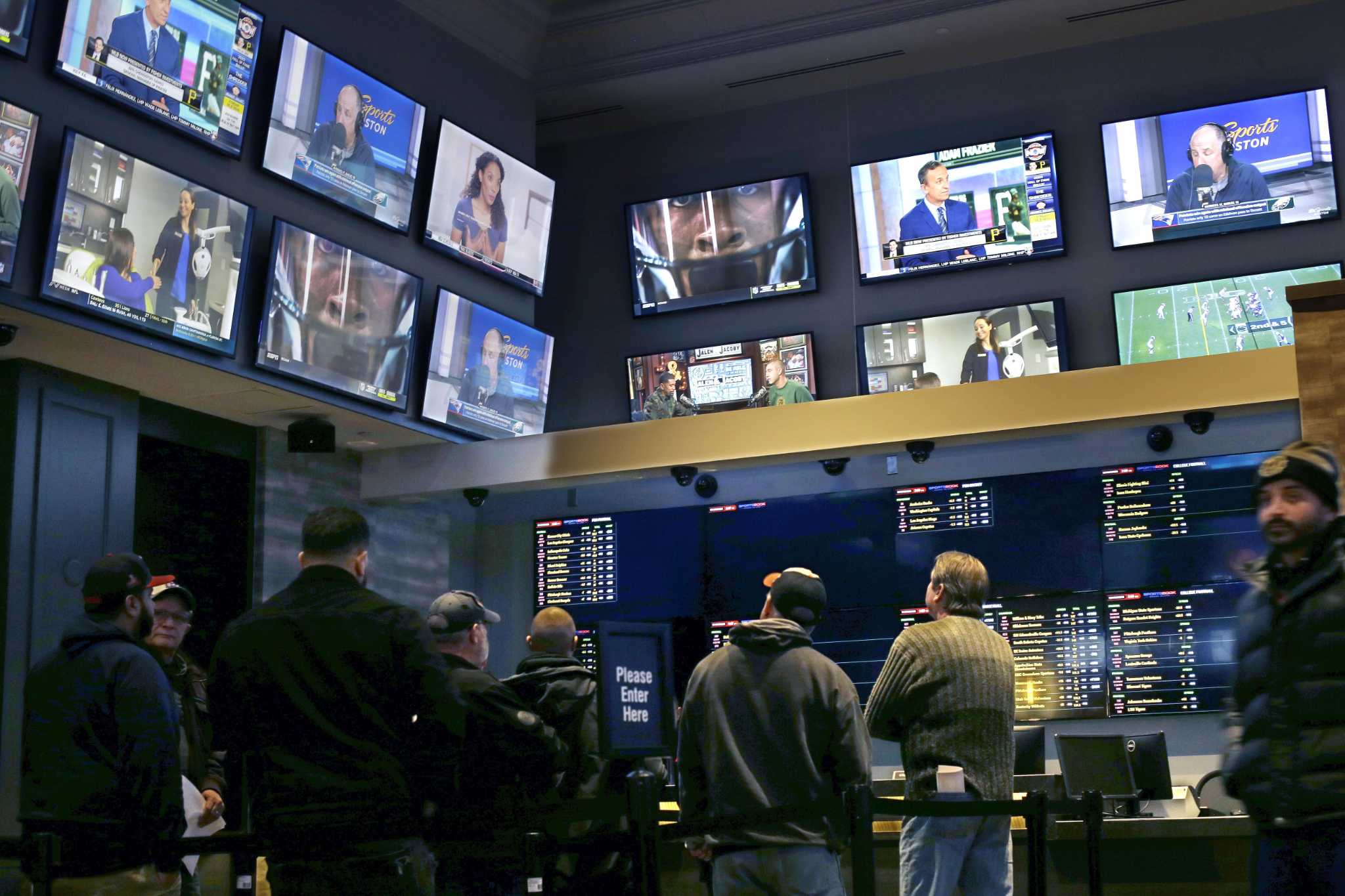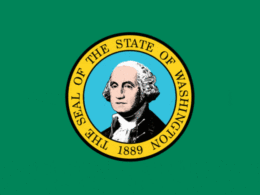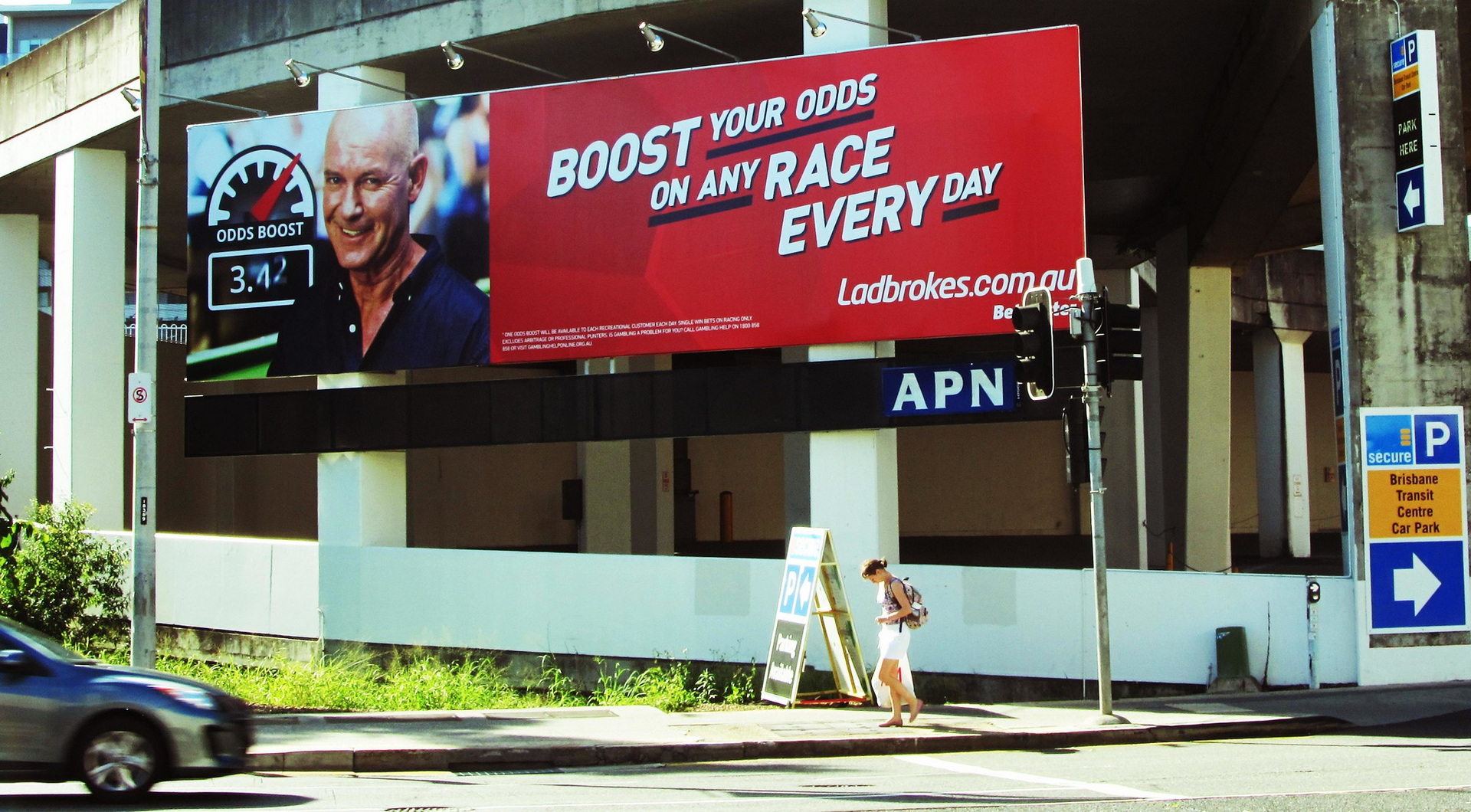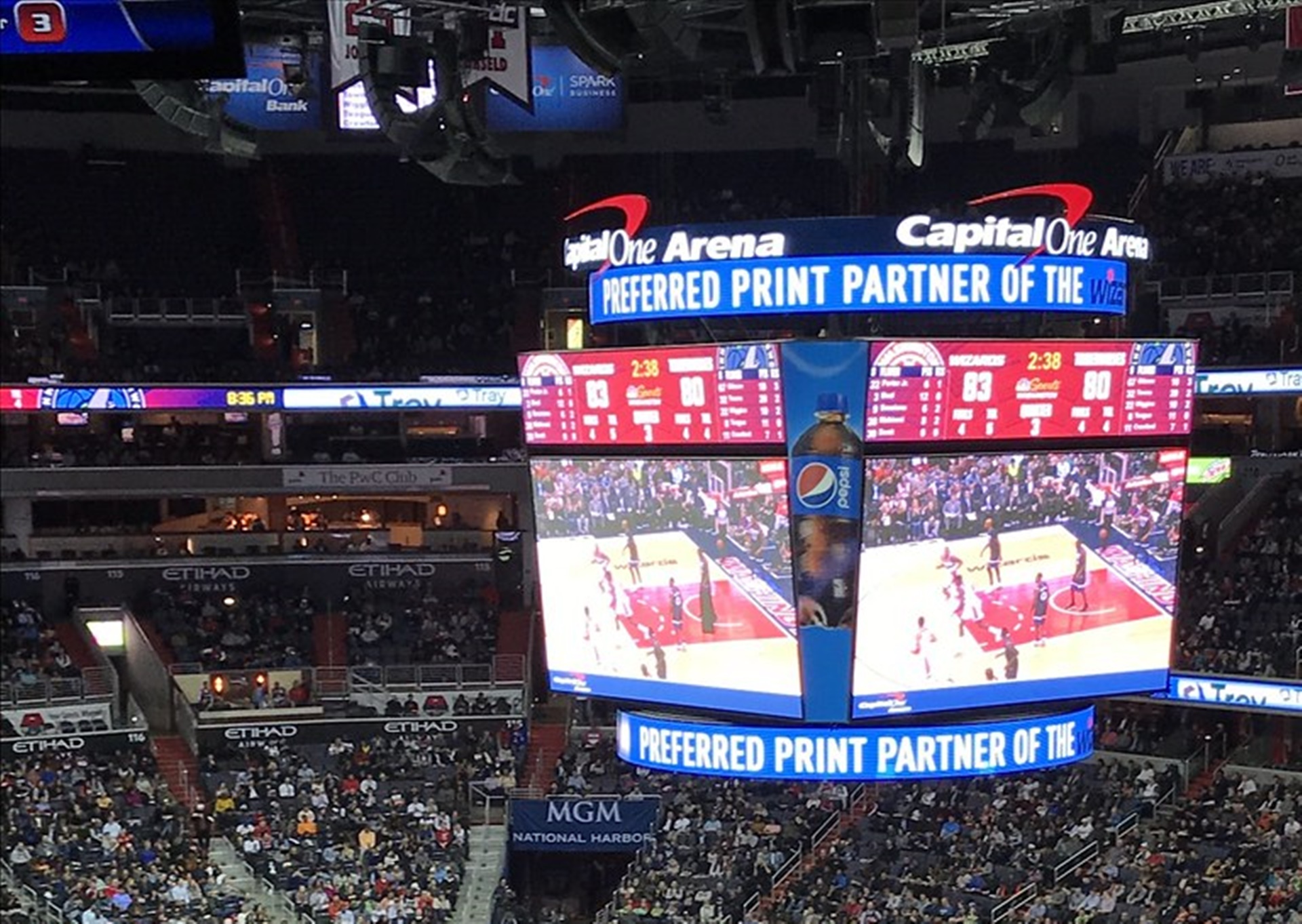If it seems like there is news of a large deal announcement between a sportsbook operator and a major media company or sports league almost every week, it’s because that’s true.
But what’s the hurry now and where will we be in six months, one year, and five years from now? While sports betting is currently legal in 22 states, with Arizona going live on April 15, the fourmost populous states (California, Texas, Florida and New York — roughly 35 percent of the country), likely won’t have legalized sports gambling for at least another year. Although, you can expect Texas to make a strong push to have legal online sports betting before the NFL starts this fall.
Sports betting and sports on TV were destined to converge, and the die was cast for an eventual union more than five years ago
Some of the larger deals include:.
- The NFL partners with 3 U.S. sportsbooks
- DraftKings buys VSIN
- Sinclair Sports is now Bally’s Sports
- Audacy (formerly Entercom) purchases BetQL
- Penn National Gaming buys more than ⅓ of Barstool Sports
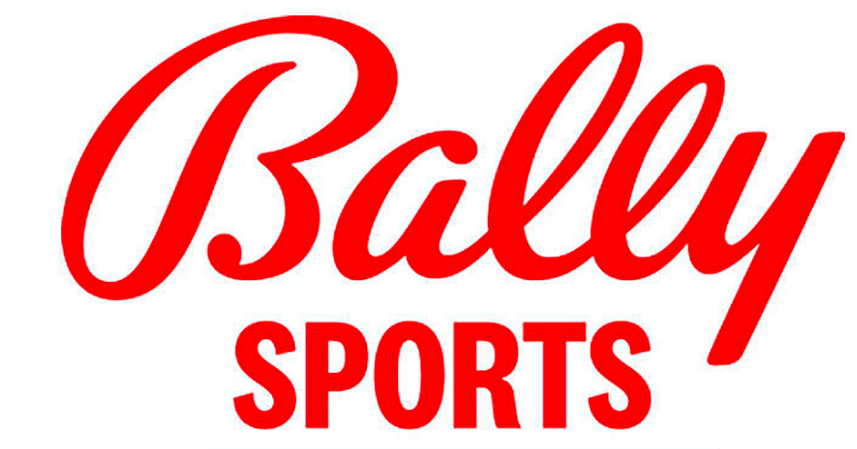
In this series (updated regularly), we’ll dive into how we got to the seemingly inevitable marriage of sports media and sports betting, analyze new developments in the space with some help from industry experts – and make a few predictions about what’s coming next.
First Date and Infatuation
Who remembers the heady days of 2015 when DraftKings and FanDuel were spending like drunken sailors to promote daily fantasy sports?
The big sports networks were clearly swept off their feet. It was a pretty compelling offer:accept gross overpayment in gigantic piles of new ad dollars without really lifting a finger. And of the major networks, only ESPN didn’t make an investment in either daily fantasy sports (also known as “DFS”) company because family-friendly Disney wouldn’t allow it.
But the foundations of strong relationships were established. Ironically, in the early defense that daily fantasy sports was an entertainment product (and not a “gambling” product) paved the way for the sweeping sports betting media deals that have occurred recently. And the early onslaught of national DFS marketing proved two things:
- Sports viewership indeed was driven to a certain degree by some type sports betting, which was validation of what everyone already knew.
- For the NFL specifically, what kept nationally televised games as the highest-rated programming was large masses of casual DFS players, and not the tiny fraction of expert players who won 92 percent of the prize money. Casual DFS players also tend to demonstrate a regional bias by picking their favorite players from the local teams and not based on advanced analysis.
In other words, viewership was supported by the broad swath of fans looking to add a little fun to their weekly NFL ritual, not experienced sharp bettors (“sharps”). Number of eyeballs and time spent watching are the dominant metrics that media sellers care about. And when you see the networks’ subscriber and advertising revenues supremely threatened by cord-cutting and the migration to streaming services like Netflix, openly promoting some new kind of legal wagering content was a viable lifeline.
But make no mistake, at this time, the media companies held all of the power in the “partnerships.” ESPN granting DraftKings the honor of fulfilling a huge marketing commitment legitimized the daily fantasy sports operator, as did NBC’s investment in FanDuel.
The Rocky Patch
An inevitable backlash occurred in late 2015 and through 2016. The New York Attorney General ostensibly shut DFS down in the state because he deemed it to be gambling. Florida sued DraftKings for false advertising. There was also little to no regulation of DFS, hence no state tax or licensing revenue. By early 2017, both DraftKings and FanDuel were deeply in the red and their marketing all but evaporated. The massive ad deals with ESPN. NBC, Fox, et al were canceled.
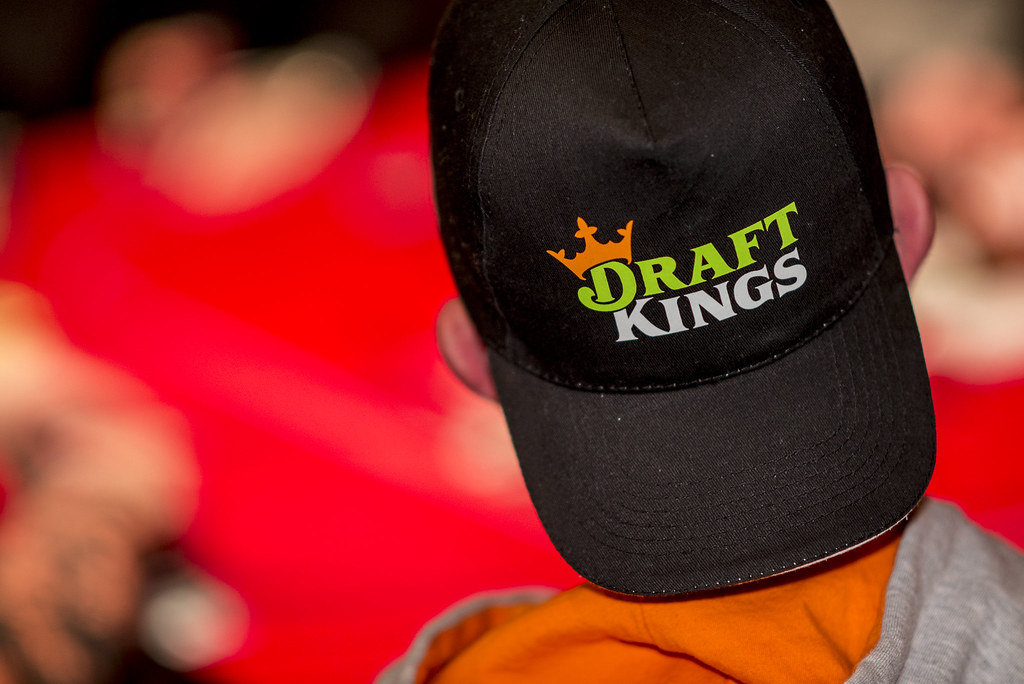
The only salvation for both companies appeared to be a merger. However, even that deal was shut down by the Department of Justice. By the end of 2017, daily fantasy sports and certainty legalized sports betting seemed dead in the water.
She Said Yes
Fast forward to May2018, and all became right in the world. The Supreme Court repealed PASPA, the Professional and Amateur Sports Protection Act, which prohibited states from legalizing sports betting, thus the doors were opened for states to regulate and tax sports betting activity.
In July of that year, PaddyPower saved FanDuel from going under by acquiring a majority stake in the company. By the time DraftKings went public in April 2020, both firms have become the clear lead operators in all states offering sports betting.
A Full Makeover
Just four years ago, legal sports betting was a pariah — shunned, cast out and widely forbidden. Today, it is the fastest growing market sector in the United States, with a full-on land grab going on for customers in operating states.
Has anything changed since 2015? Certainly the ad spending has returned with DraftKings and FanDuel each dropping over $200 million in marketing PER QUARTER. But increased advertising alone is not the solution for sports betting operators.
With the rise of digital marketing channels, large advertisers have realized that for decades they overpaid for the “privilege” of running commercials on TV. Television advertising for advertising sake is now seen by many as a sign of brand weakness, which is an existential problem for media sellers. As Scott Galloway predicted five years ago, the television-based advertising industrial complex is indeed dying:
For the past several years, live national sports have been largely immune to the same steep decline in ratings for other broadcast and cable programming (https://www.hollywoodreporter.com/live-feed/tv-long-view-nfl-ratings-dominance-2020). But ESPN and Regional Sports Networks (RSN’s) have thousands of hours of programming to fill each month. How do they make their respective content stand out when costs, including those for talent are being cut and traditional revenue channels are challenged?
Yet in the face of these headwinds, why do the top sportsbooks continue to make huge investments with television media firms? It’s because sports betting operators now have the resources to dictate terms for how their content will be integrated with distribution partners desperate for new programming.
The ad spend underwrites sports betting content provided by and directly linking to bet activation with a sportsbook partner, allowing media companies to erase the line between programming and promotion. Media companies also learned that the sports betting world relies heavily on affiliate relationships, in which publishers are paid on a cost per new depositor basis, up to $500 in some cases, on top of the promotional visibility dollars. Sports media companies are realizing that to see both types of revenue (straight advertising and affiliate fees) they must integrate betting content into their live sports shoulder programming at a significant commitment level.
This is not about “brand.” It’s about encouraging a behavior change and ultimately driving acquisition and loyalty to product innovation through immersive engagement at scale. Sinclair’s massive pivot is not just eye-opening, it’s an abject lesson about where these partnerships are headed. Consider that Sinclair, a regional media company with a religiously conservative history, is now fully reliant on sports betting content through its partnership with Bally’s and Bet.Works, less than two years after buying the Fox Sports RSNs.
Who has hand?
In 2021, the fundamental shift going on is that sports betting firms are now on an equal footing with the media companies. Sports media greatly needs to expand sports betting content targeted to the broad audience of casual bettors as an entertainment option. Remember, sports betting is not the end product for Audacy, Comcast or ESPN. Rather, it is a gateway for media companies to increase their share of your entertainment time and wallet. We’ve reached the point where it’s a choice between watching Bridgerton or learning why you should bet on the Bears +6.5 this Sunday.
The primary gap remaining to get there is when these combined entities actually provide content for audiences beyond the core men 21-plus, experienced bettor demographic. To attract the “next generation” of sports bettors, the content needs to be more educational, focusing on entertainment and lifestyle and not just centered on the latest movements in sides, totals and props.
Also, note the tone and offers in the flood of sportsbook advertising. The operators are aiming at the inexperienced, new sports bettor with easy-to-win promotions (e.g. win $100 in free bets if either NBA team in your bet makes a 3-point shot), high-dollar instant bonuses and 24-hour, cash-out assurance. DraftKings is not targeting the grizzled veteran who has a local bookie, or has placed bets with an offshore provider.
The winning sportsbook and media partnerships will likely take the lead in specifically targeting women sports bettors. Keep in mind that the goal for the sports betting operators, like any entertainment platform, is to encourage extended and more frequent participation across several products. Every casino operator has a financial imperative to convert sports bettors to also become regular slots or blackjack players using a synchronized reward and wallet system, whether through mobile devices or at brick-and-mortar locations — the classic multi-channel lifetime customer value proposition. To that end, the media partners need to provide significantly wider programming windows to deliver content tailored to all potential bettor types.
What’s next?
The popular and inevitable debate topic: What will happen first?
- A sportsbook company becomes a media company
- A media company offers sports betting capabilities directly through its platform
- A major sports league launches its own sportsbook
How far away is the day when sports betting content is so integrated into the TV viewing experience that you can place a bet using your remote? Stay tuned for what Amazon will offer during its live streaming of NFL games.
Photo Credit: Google Creative Commons Licenses





